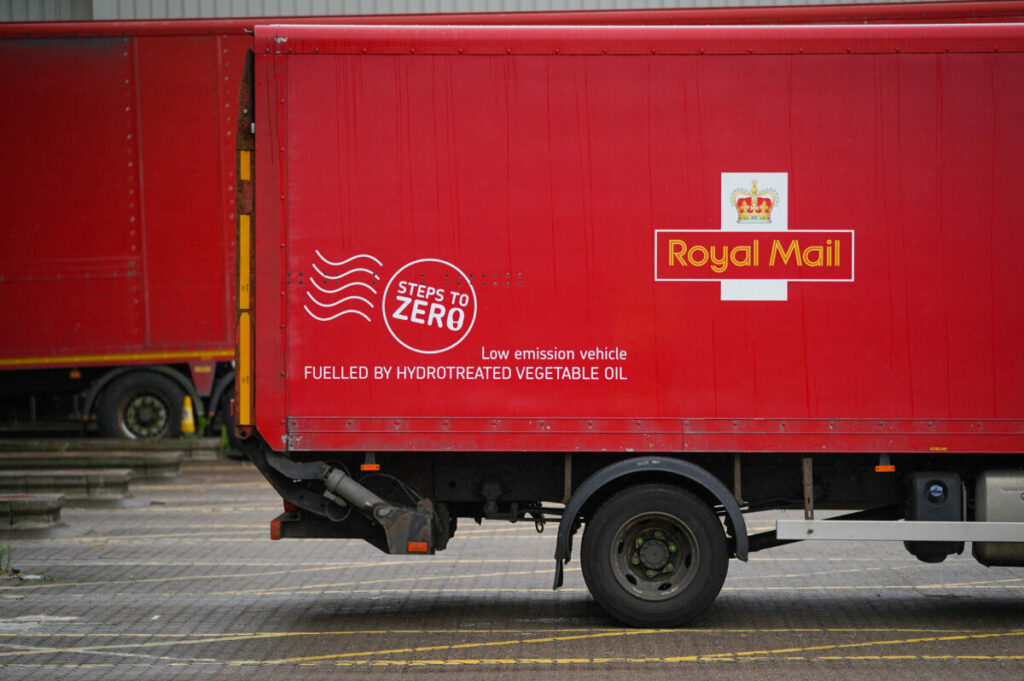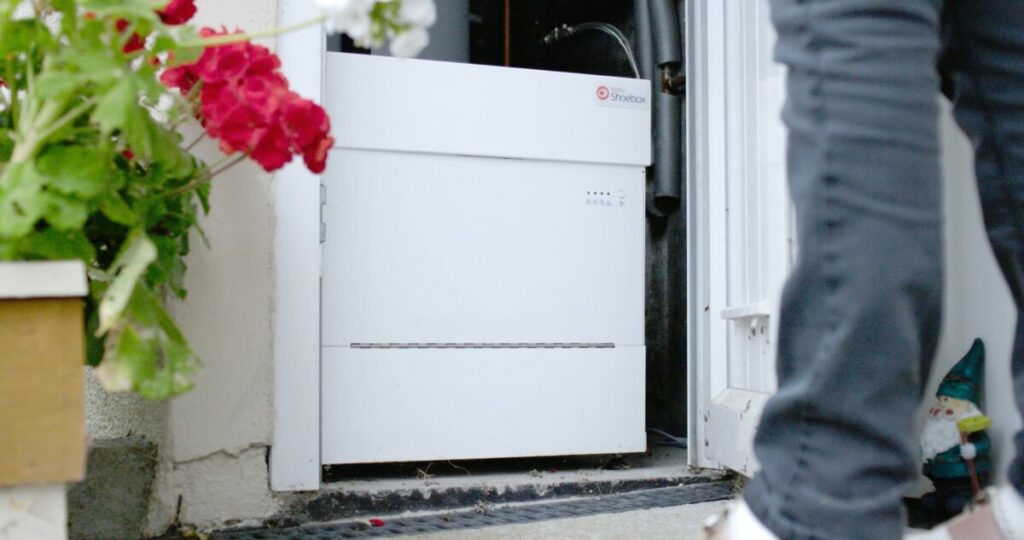The government recently announced that – in a move which seems to directly contradict its previous pledge to focus on renewable energy – it is going to build a number of new gas power stations.

PM Rishi Sunak described the announcement as a “common-sense decision”, taken to back up the UK’s energy supply when wind or solar energy is not sufficient. The move has been widely criticised as watering down the UK government’s own commitment to reach a net zero grid by 2035.
Sunak may have insisted that the announcement was compatible with the net zero transition, but – with proposals which do not include carbon capture measures – Naked Energy CEO Christophe Williams says it’s clear that decisions like these will take the UK further away from its net zero goals.
Williams explains why the UK needs to “pull out all the stops” and focus on investing in renewables – not building new gas plants.
It’s an unavoidable fact that North Sea gas is running out and we are still not preparing for this correctly. As we have not invested more into preparing for the energy transition, we will continue to need gas power stations for decades to come while we transition to a cleaner energy future.
However, the UK risks being left at the mercy of foreign imports with price and supply volatility if it doesn’t go all in now.
Regardless of what happens in this year’s election, it makes far more fiscal sense to invest in modernising the power grid, developing on-shore wind farms and shredding the red tape that is slowing down the deployment of renewable technology.
This investment must happen as the demand for electricity will massively increase as more EVs, heat pumps and other power-driven applications are adopted by industry and the public. At the end of the day, this is the only way to advance our energy security, avoid blackouts and achieve our net zero targets – it’s really as simple as that.
North Sea’s gas is running out
It is a mistake to believe that relying on fossil fuels will lead to cheaper bills and energy security.
Not only is most of the oil and gas produced in the North Sea sold to the international market, it has to be imported back into the UK at global market price. As Energy Secretary Claire Coutinho stated herself, “it wouldn’t necessarily bring energy bills down”.
Subscribe to Sustainability Beat for free
Sign up here to get the latest sustainability news sent straight to your inbox every day
It’s an odd decision to sacrifice the energy security that comes with domestic renewable energy sources if gas won’t actually reduce energy bills.
As there are also no plans to capture these CO2 emissions to offset the amount of carbon set to be released from burning fossil fuels, it really is a lose-lose for customers – bills and emissions will eventually go up.
Long-term investment
A larger problem with the reliance on gas is that it will be incredibly difficult to encourage investment in it as the energy transition intensifies.
The Climate Change Committee (CCC) has said that a ‘small amount’ of gas generation without carbon capture is compatible with a decarbonised power system, but that might only be 2% of the market (equivalent to only 15 hours of electricity a month).
As renewable energy technologies take more of the market share, why would any private sector company invest in natural gas? Two percent of the market is far too small a portion to encourage investment, unless it comes with significant state-backed subsidies.
Governments shouldn’t be wasting money and resources on gas and the inevitable subsidies that will come with it. Instead, they should be giving investors what they want, which is a more streamlined process for expanding renewable technologies, and long-term planning security.
Currently, the hurdles for businesses are too high – there’s unnecessary red tape and complexity in the installation of renewable technologies. There’s plenty of interest to increase domestic manufacturing and innovation, but policymakers have yet to take advantage of this.
Non-political issue
The announcement of new gas plants is the latest episode in the disappointing trend of straying away from green policy commitments.
If the next government is serious about reaching our net zero targets, the climate crisis must be central to everything it is doing. Investment and support must be shifted into energy efficiency and renewable energy technologies, especially those that tick two boxes: those that are manufactured in the UK and those that are focused on heat decarbonisation.
After all, heat decarbonisation is the biggest roadblock to reaching zero emission, as it accounts for 51% of global energy demand of which 90% are met through the burning of fossil fuels.
In the past, we’ve seen some things done right such as the Public Sector Decarbonisation Scheme and the Renewable Heat Initiative. However, there’s not enough consistency in policy. Many schemes have been scrapped due to their complexity or impacted by powerful lobbying groups.
The UK must pull out all the stops and take every opportunity to invest in renewable energy. The Inflation Reduction Act in the United States or the European Union’s Green Deal show the level of ambition the country need.
We’ve seen plenty of promises, now we need to see action.















